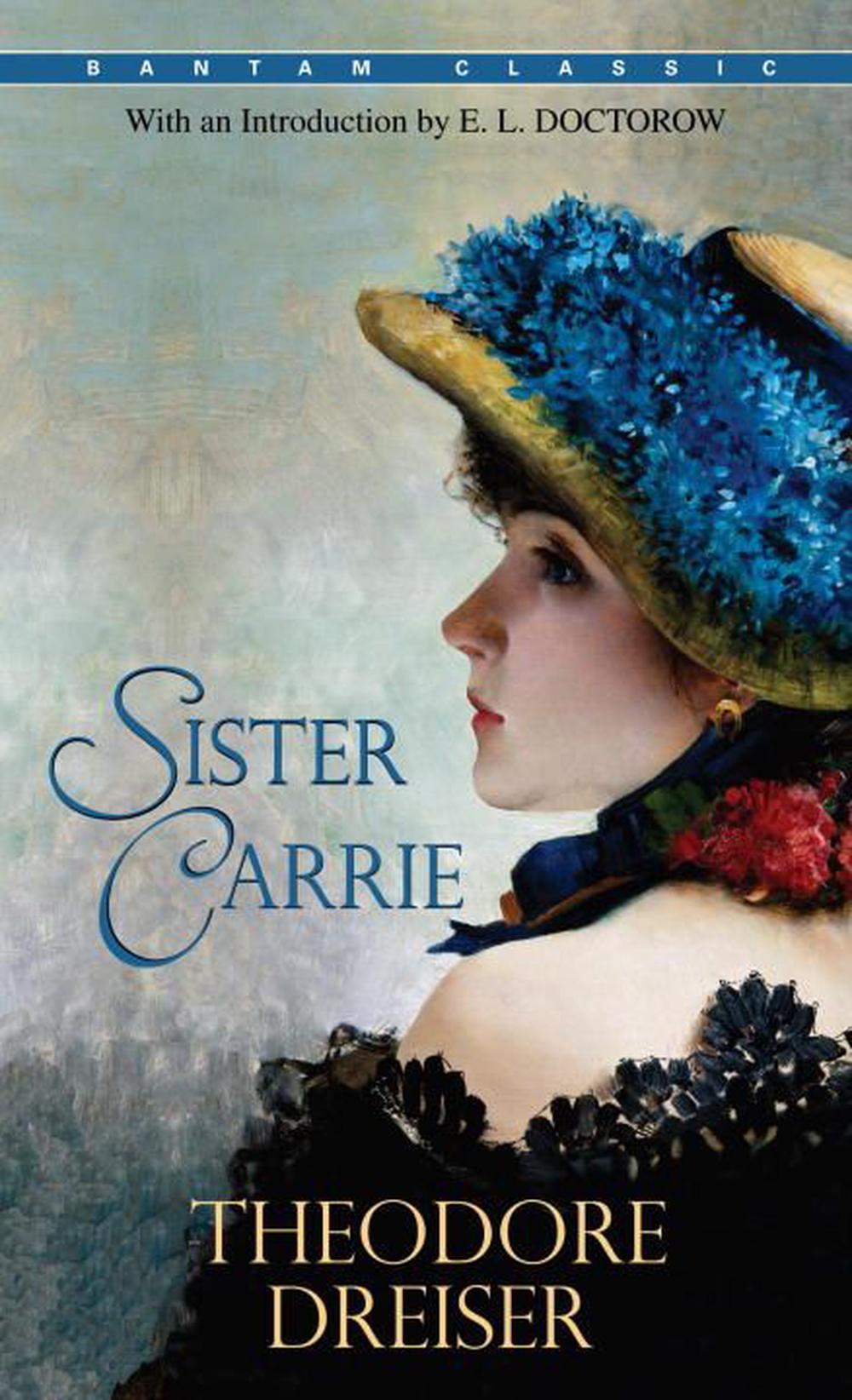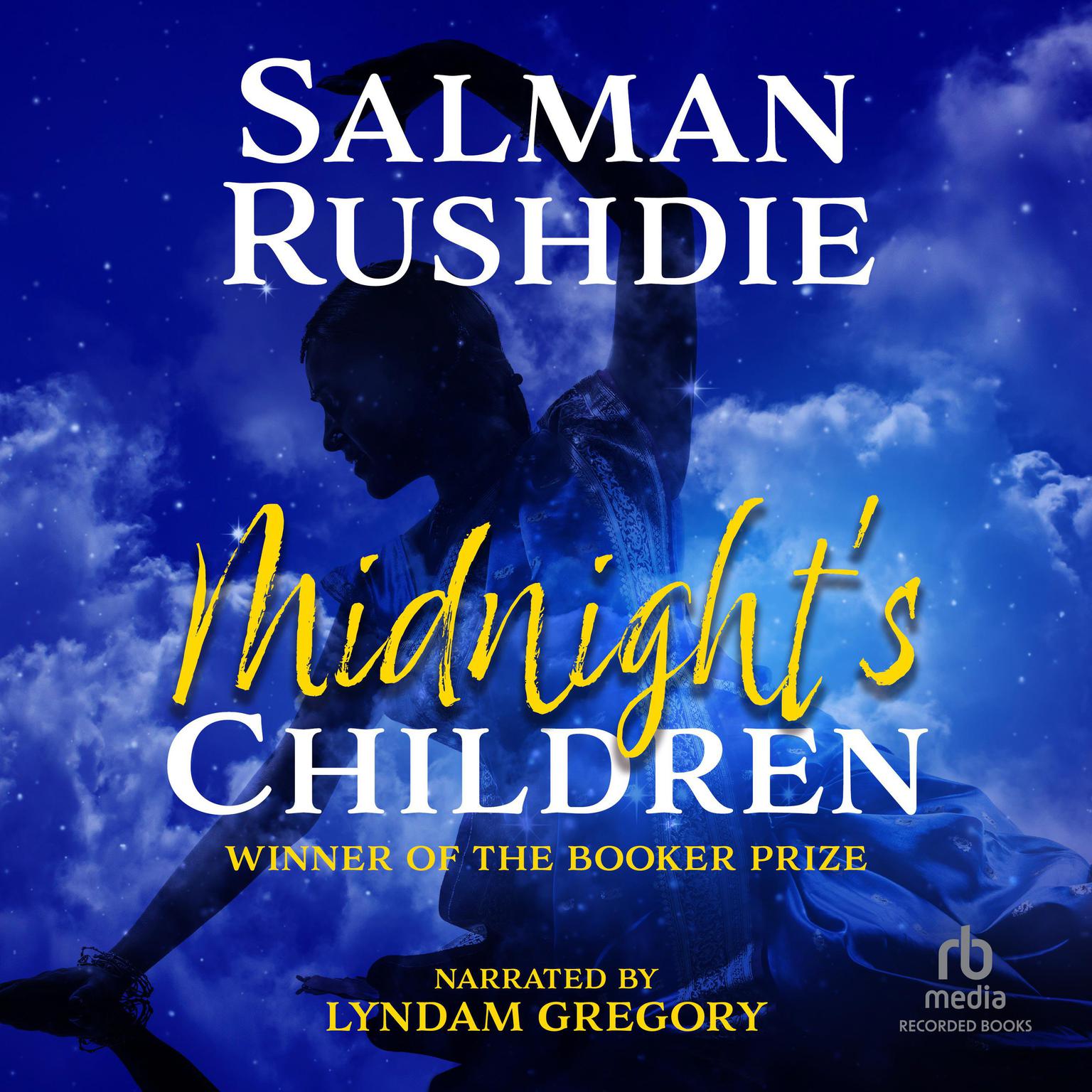This antic shaggy dog story firmly established itself during the twentieth century as one of the most admired books ever written. Virginia Woolf, for example, hailed it as “the greatest of all novels,” and Czech writer Milan Kundera praised it for reaching “heights of playfulness, of lightness, never scaled before or since.” Tristram Shandy’s levity is irrepressibly apparent even before you start reading: Flip through the book and you’ll see black pages, marbled pages, blank pages, and typographic oddities that, you’ll discover, are visual counterparts to specific moments in the story. In large part that story turns out to be about the protagonist’s difficulty telling it. As digression follows digression, and interruption interrupts interruption, Tristram leads the tale on such a merry dance that it proceeds in every direction but forward. His reflections on matters mundane and philosophical and his accounts of the lives of his father and of his eccentric and often incomprehensible uncle Toby are just a few of the detours that distract him from his own progress, which never gets much past his first three years. But this wayward narrative’s energy never flags, and Laurence Sterne’s self-reflexive novel offers one of literature’s first—and probably its funniest—portrayals of the errant urgencies of consciousness.
"What makes the desert beautiful is that somewhere it hides a well" (The Little Prince by de Saint-Exupéry). My journey to a WELL-adjusted heart, WELL-watered soul, WELL-educated mind, and WELL-tuned body. "Love the Lord your God with all your HEART, and with all your SOUL, and with all your MIND, and with all your STRENGTH" (Mark 12:30-31).
Saturday, June 29, 2024
The Life and Opinions of Tristram Shandy, Gentleman (1000 Books to Read)
The Red and the Black by Stendhal (1000 Books to Read)
I love classical books, but I don't think this is one of the best of them. It was a bit too melodramatic for me!
The Dragons of Eden by Carl Sagan
Although he had not yet achieved the fame that was to come with his documentary television series Cosmos, Carl Sagan was already an astronomer of some renown when he published The Dragons of Eden, his first book to venture freely beyond the astronomical realm. Employing his celebrated gift for lucid explication of complex scientific matters, he produces a breathtaking overview of the nature and development of human intelligence. In the more than four decades since the publication of The Dragons of Eden, some of Sagan's theorizing has surely been overtaken by new research. But the bold sweep of the book's perception still opens unforgettable vistas of knowledge and imagination.
Sister Carrie
Monday, June 24, 2024
Friday, June 21, 2024
Friday Freewrite Fifteen
Tuesday, June 18, 2024
Freewrite Fifteen on a Tuesday
I also have a directee at 2:30 where we will evaluate her time through the Spiritual Exercises of Ignatius. That should be good. Then, I have this writing, but tomorrow, George has the day off. So, I am not going to the agenda overview for a retreat that I am helping with for the 2nd Half Collaborative. We are going to go to one of our favorite spots: Beaver Creek! Love that place, and we have not been there since we were there with John and Katherine, and we saw that cool rainbow cloud. I miss them so much.
Speaking of that, I am so excited about that. This 19th Annotation group is the bomb.
Friday, June 14, 2024
Friday Freewrite Fifteen Morning Pages
There is the timer. I sure enjoy typing and it saves paper and/or stylists on Scribe pens. LOL!
Sunday, June 09, 2024
Midnight's Children by Salman Rushdie
The novel tells the story of Saleem Sinai, who was born at the exact moment when India gained its independence. As a result, he shares a shares a mystical connection with other children born at the same time, all of whom possess unique, magical abilities. As Saleem grows up, his life mirrors the political and cultural changes happening in his country, from the partition of India and Pakistan, to the Bangladesh War of Independence. The story is a blend of historical fiction and magical realism, exploring themes of identity, fate, and the power of storytelling. (Goodreads).
This is a perfect summation!
Imagine a literary love child of Charles Dickens and The Arabian Nights, and you'll have some idea of the human interest and narrative ingenuity of Salman Rushdie's masterpiece, one of the most admire, acclaimed, and enjoyed novels of the second half of the twentieth century. Like Dickens Rushdie draws indelible characters and sets them in a swirling social context; he similarly shares a gift for exaggeration that gets closer to the truth about people than observational exactitude, illuminating his caricatures with a sense of justice and a sense of humor, often entwined. Like The Arabian Nights, Midnights Children leavens the world it depicts with magical capabilities and coincidences, thereby evoking the intense devotion our emotional lives demand of us, no matter our circumstances. Rushdie's unshakable belief in the regenrative power of telling stories, a faith given from in the unrelenting narrative energy of Midnight's Children is a legacy of both forebears. The force of Rushdie's prose is so propulsive, the currents of story-within-story so transporting, that each page is a futher winding of the crank on an enormous jack-in-the-box that explodes again and again with the wonders of living that hisory can never contain.
The Master and Margarita (1000 Books to Read)
Finished: May 9
Sunday Sixteen Freewrite
“The man who is wise, therefore, will see his life as more like a reservoir than a canal. The canal simultaneously pours out what it receives; the reservoir retains the water till it is filled, then discharges the overflow without loss to itself ... Today there are many in the Church who act like canals, the reservoirs are far too rare ... You too must learn to await this fullness before pouring out your gifts, do not try to be more generous than God.”
Bernard of Clairvaux, Bernard of Clairvaux on the Song of Songs III"You too must learn to await this fullness before pouring out your gifts, do not try to be more generous than God."
Learn to await this fullness. Soaking in that. Wait - a keyword in my life's journey.
The memory of Colette standing at my door when I was 24 telling me "It will all be alright" when I was in the middle of my breakdown and leaving staff because of it. Crying my eyes out. She gave me hope.
I needed to wait. Painful experience but so beautiful and perfectly timed.
A memory of Shannon being so kind to call Gwen and have her pick me up in her big Cadillac and buy me shoes and take me to her mansion (yes it was a mansion) and listen to me pour my heart out to her for seven hours and give wisdom and perspective to my burn out situation.
So grateful for this.
I am leading people through the Spiritual Exercises this year. They are in training to be spiritual directors, which is a requirement. They have just read Hagberg and Guelich's The Critical Journey. So, I am giving them optional "timeline work" along with their "Blessed History" that is part of the Exercises. I hope they dig deep into this. I am already benefitting from dusting off the "Life Experiences" stuff I taught with S.H.A.P.E. that I used for Women Becoming, teaching at the Suburban Women's Evening Bible Study, and later our TOAGs. It is good stuff. I hope it is not too overwhelming, but I think these three people (it may be two, one is still deciding) would be up for it.
One of the people in the 18th annotation group (only 10-12 weeks as opposed to 32-34 weeks for the 19th Annotation Group - the former runs February-May. The latter runs September-May) would also be up for it. I don't know about the other two. I don't want to overwhelm anyone, and I will always say things are optional, and then they feel pressure to do them.
I never get tired of reviewing where I have been and where I am going. Life with God is such a teacher.
Because I tend to think about other people too much (which can be a coping mechanism), these words are always good. "Do not try to be more generous than God." (With emphasis on the word TRY.)
Shoot. Sixteen minutes goes by so fast, but I want to stay true to the freewrite!
ADDED AFTER 16 minutes:
I forgot that I wanted to add the etymology of the word reservoir:
reservoir (n.)
1680s, "a place where something tends to collect, place where anything is kept in store," originally figurative, from French réservoir "storehouse," from Old French reserver "set aside, withhold," from Latin reservare "keep back, save up; retain, preserve," from re- "back" (see re-) + servare "to keep, save, preserve, protect" (from PIE root *ser- (1) "to protect").
Monday, June 03, 2024
A Taste for Death (1000 Books to Read)
The Silence of the Lambs (1000 Books to Read)
The Eternal Promise (Renovare Book Club)
The Cruciform Leader
A good solid book with the bottom line: Loving God and loving our neighbor - this is the cruciform way, and the world is crying out for lead...

-
This is really more a short essay, but it is profound and important. It is one of the best things I have ever read and a pplying it will cha...
-
I have read this many years ago, and then I gave away my copy. Then, it was part of our Renovare reading for this term. I loved it. I...
-
What began in August 2003 ended this morning, November 2, 2011 at 12:37 am. I tried not to finish it so late at night, but I could not st...












.png)


But it just wasn't my cup of tea. It was just too ridiculous for me.